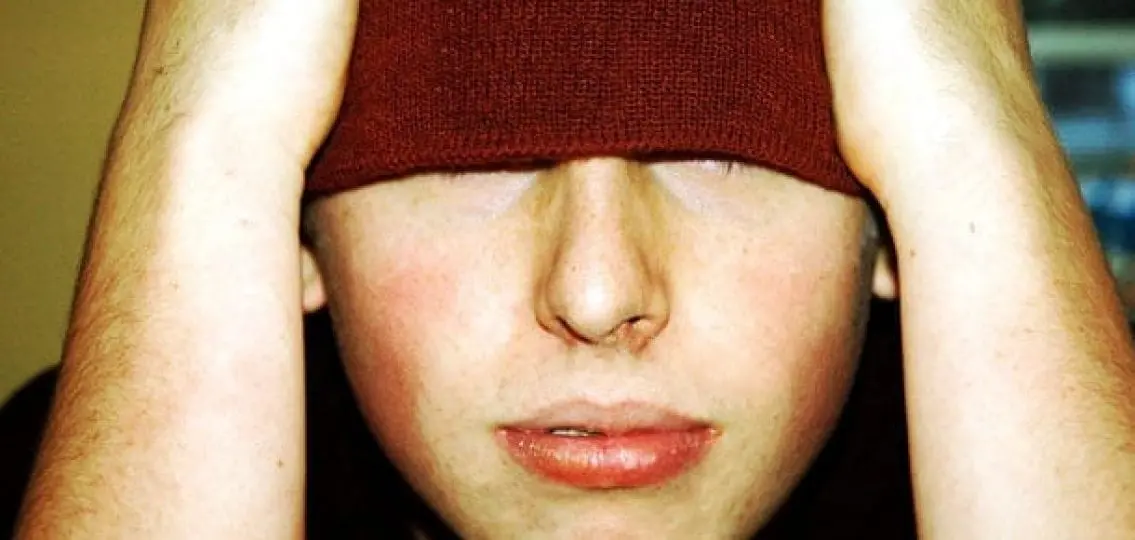When boys first enter their teens, many are not ready for the intense attention that some girls begin showing them.

Today’s girls are becoming empowered to respect themselves, to be assertive, confident and even aggressive.
But many boys are internalizing a cultural and media message that boys should be passive and defer to the opposite sex, even at the cost of their own self esteem, self respect or safety. Additionally, girls are often two years or more ahead of boys in the onset and completion of puberty.
Despite these vulnerabilities of teenage boys, parents still tend to be more protective of their daughters than their sons. They are unlikely to talk with their teenage boys about protecting themselves from dating and sexual violence.
Boys are Victims of Relationship Violence
A recent study by researchers from University of British Columbia and Simon Fraser University found that boys experience more violence in their relationships than girls. Interestingly, the 5.8 percent – as opposed to 4.2 percent of girls – of teenager boys who admitted to being physically harmed on purpose did not necessarily identify themselves as victims.
In July 2013, a study presented at the American Psychological Association’s annual meeting indicated that boys and girls suffer nearly equal amounts of dating violence. Teen girls actually reported that they commit higher rates of dating violence than teen boys report. In 1999, a study of 2,000 middle school age children ages 12-14 revealed that almost 64 percent of the girls were physically violent in their dating relationships. That’s verses 43 percent of the boys. Other studies in the 2000’s have found that boys and girls perpetrate both physical and emotional dating violence in equal numbers.
Parents may be further surprised to learn that when teens grow into adults, the risk to their sons continues. Approximately 300 randomized survey-based studies from 1975 to present have consistently found that men suffer slightly more domestic violence than women, with women consistently reporting that they initiate more violent incidents towards their male partners than the reverse.
Crime statistics and community agency reports only compile information about who actually makes reports. Their statistics are far less reliable than studies that survey random segments of the population, use gender-neutral language and that guarantee anonymity. Further, men are less likely to seek help in domestic violence situations. This makes commonly cited crime and community agency statistics remarkably unbalanced, leaving a false impression that males make up a small amount of domestic violence victims.
Education is Key to Prevention of Violence
Despite these realities, stereotypes and myths about who can be victims or aggressors prevail, putting our teenage boys at risk. How can we protect our sons?
Violence is a behavior that children first learn by being the victim of or the witness to trauma and violence. Children can also be traumatized by viewing violent media. Over sixty years of research has consistently shown that physical punishment by parents or teachers increases childhood aggression and puts youth at high risk for replicating violence in adulthood.
Family violence studies have also found that boys are the primary targets of both parental and school corporal punishment and other forms of physical abuse. Therefore, the first step to protecting your son from domestic violence is to parent and educate him in a respectful, compassionate and connected manner.
As part of our ongoing discussions of personal bodily safety with our teens, it is important that we also address the fact that boys and girls are equally vulnerable to dating violence.
It is equally unacceptable for girls or boys to engage in emotional, physical or sexual violence.

Unfortunately, their peers, the media and much of the educational materials they will receive from our society will defer to stereotypes and myths. Our sons need to hear us specifically state these facts. Our presentation of factual information will empower our sons to protect and respect themselves and their partners.




